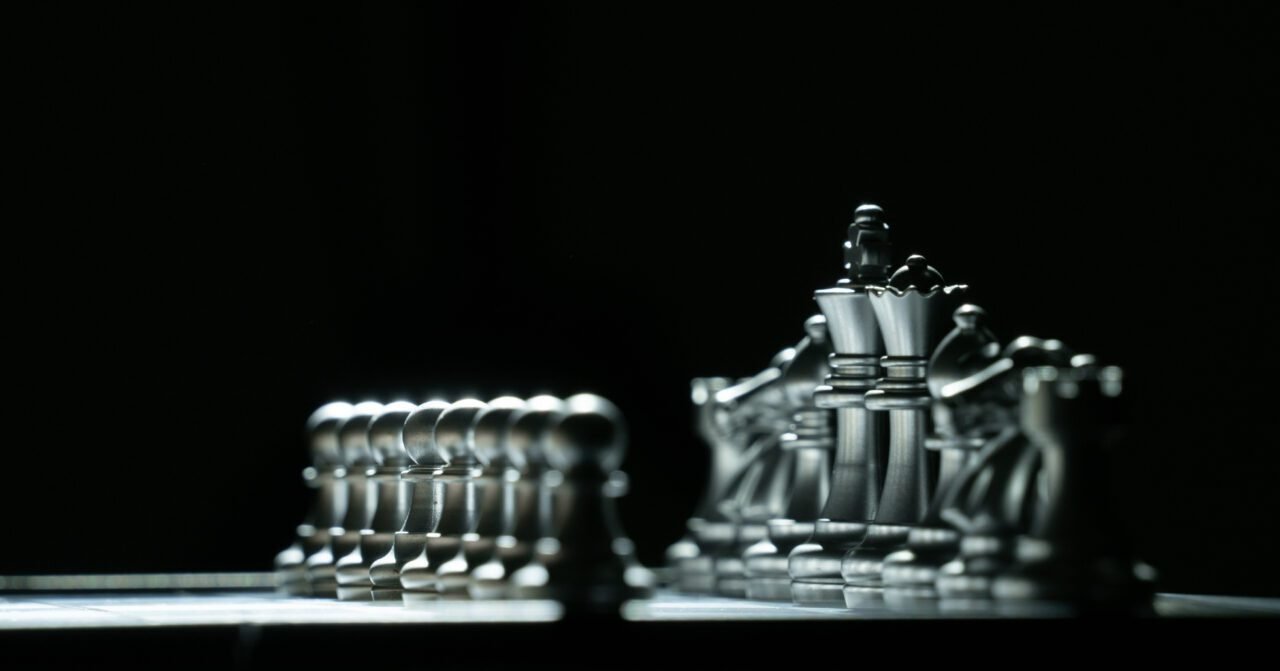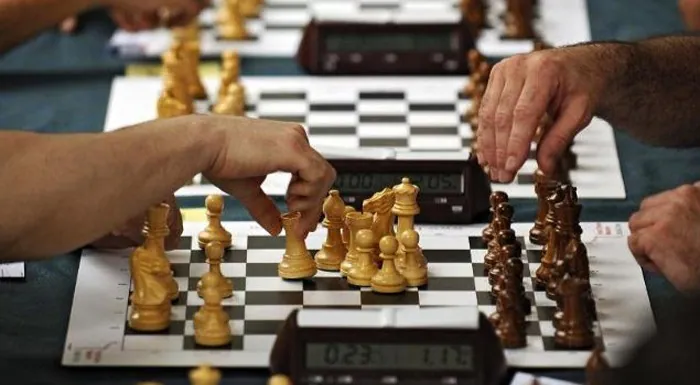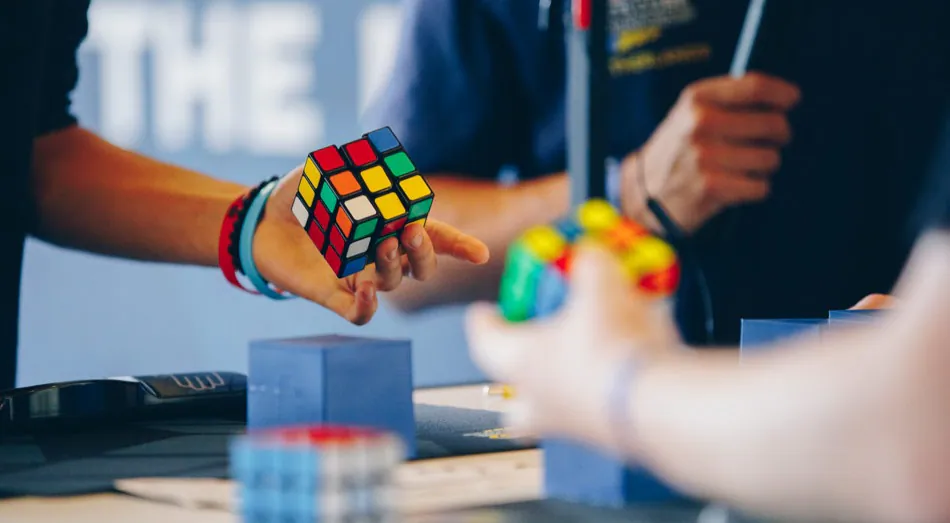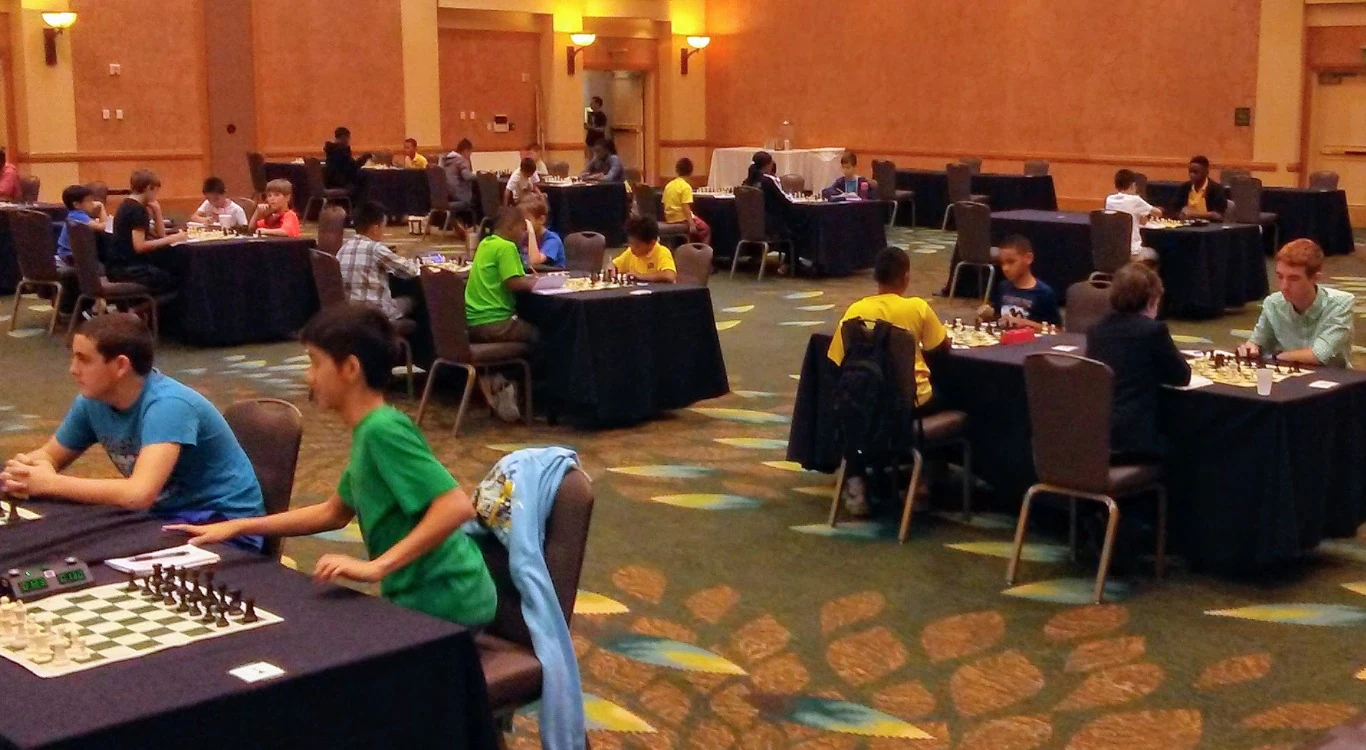In the realm of intellectual pursuits, Chess and the Rubik’s Cube stand out as two activities that have intrigued minds across the globe. Both are celebrated for their ability to challenge and stimulate the brain, but the question arises: Which one is better for brain development?
To dive deep into this comparison, let’s explore the various cognitive benefits each activity offers and how they contribute to brain development.
The Cognitive Benefits of Playing Chess
- Enhancing Problem-Solving Skills
Chess is often referred to as the “game of kings,” not just because of its historical association with royalty, but because it requires strategic thinking and problem-solving skills. Each move on the chessboard demands careful consideration of potential outcomes, promoting foresight and planning abilities. For those in Borivali, Kandivali, Andheri, and Malad, Cube Matrix classes provide a fantastic opportunity to develop these skills. - Boosting Memory
Chess players are known for their exceptional memory. This is because the game requires recalling various strategies, moves, and even entire games. Over time, this sharpens both short-term and long-term memory. Enrolling in Cube Matrix can be an excellent way to enhance memory in a structured environment. - Improving Concentration
The game of chess can last for hours, and maintaining focus throughout is crucial. Concentration and attention to detail are skills honed by chess players, as a single misstep can change the course of the game. Chess coaching in these areas helps student to get discipline needed to maintain focus. - Enhancing Cognitive Flexibility
Chess encourages players to think several steps ahead, considering multiple scenarios at once. This cognitive flexibility is vital for adapting to new situations and thinking on one’s feet, skills that are invaluable in both academic and professional settings. Chess classes at Cube Matrix can help cultivate this flexibility. - Developing Patience and Discipline
Unlike fast-paced games, chess is a slow-burner that requires patience and discipline. These qualities are essential for success in the game and beneficial in everyday life. Chess classes at Cube Matrix in Mumbai suburbs can guide students in developing these important life skills.
The Cognitive Benefits of Solving a Rubik’s Cube
- Improving Spatial Awareness
The Rubik’s Cube is a puzzle that requires an understanding of spatial relationships. Manipulating the cube involves visualizing the moves in three dimensions, which can significantly enhance one’s spatial reasoning skills. The Cube Matrix programs available in Borivali, Kandivali, Andheri, and Malad are perfect for mastering these spatial challenges. - Strengthening Problem-Solving Abilities
Much like chess, solving a Rubik’s Cube is about finding solutions. However, the cube demands a different kind of problem-solving—one that is highly systematic and algorithmic. It trains the brain to recognize patterns and sequences, essential skills in mathematics and science. Participating in rubik’s cube classes at Cube Matrix Academy can significantly boost these problem-solving skills. - Boosting Memory
Solving the Rubik’s Cube requires remembering sequences of moves and algorithms. The more one practices, the better the memory retention becomes. Muscle memory also plays a role, as experienced solvers often move the pieces without conscious thought. Cube Matrix classes in Kandivali, Borivali, Andheri and Malad focus on enhancing this memory through structured practice. - Enhancing Hand-Eye Coordination
Unlike chess, the Rubik’s Cube is a physical activity that involves manipulating a physical object. This requires precise hand-eye coordination, making it a great exercise for improving fine motor skills. Rubik’s Cube workshops in Malad, Andheri, Kandivali Borivali provide a hands-on approach to developing these crucial motor skills. - Promoting Quick Thinking
The Rubik’s Cube is often solved in competitive environments where speed is key. This promotes quick thinking and reflexes, teaching the brain to make rapid decisions under pressure. Rubik’s Cube coaching at Cube Matrix focuses on improving these quick-thinking abilities.
Comparing the Two: Chess vs. Rubik’s Cube
- Depth of Strategy
Chess is a game with an almost infinite number of possible moves and strategies. It requires deep strategic thinking and an understanding of complex tactics. The Rubik’s Cube, while challenging, is more about executing a known sequence of moves efficiently. Therefore, chess may offer more in terms of developing strategic thinking. - Cognitive Flexibility vs. Quick Thinking
While chess develops cognitive flexibility by encouraging players to think several moves ahead, the Rubik’s Cube trains the brain to think quickly and adapt to changes rapidly. Both skills are important, but they serve different purposes. Chess might be better for long-term planning, whereas the Rubik’s Cube is excellent for enhancing quick reflexes and immediate problem-solving. - Memory Development
Both activities significantly boost memory, but in different ways. Chess enhances memory through the recollection of strategies and game patterns, while the Rubik’s Cube improves memory through the repetition of algorithms. The type of memory developed through chess is often more complex and nuanced, involving both short-term and long-term memory. - Physical vs. Mental Engagement
Chess is purely a mental activity, engaging the brain without physical movement. On the other hand, the Rubik’s Cube involves both mental and physical engagement, which can be beneficial for those who prefer a hands-on approach to learning. - Patience and Discipline
Chess is a game of patience and long-term strategy, teaching discipline and delayed gratification. The Rubik’s Cube, though requiring patience, often yields quicker results, which can be more rewarding in the short term.
Which Is Better for Brain Development?
Deciding between Chess and the Rubik’s Cube for brain development depends on what specific cognitive skills one wants to enhance.
Ultimately, both activities are beneficial for brain development, but they do so in different ways. A well-rounded brain development strategy might involve engaging in both, allowing individuals to reap the cognitive benefits of each other.





